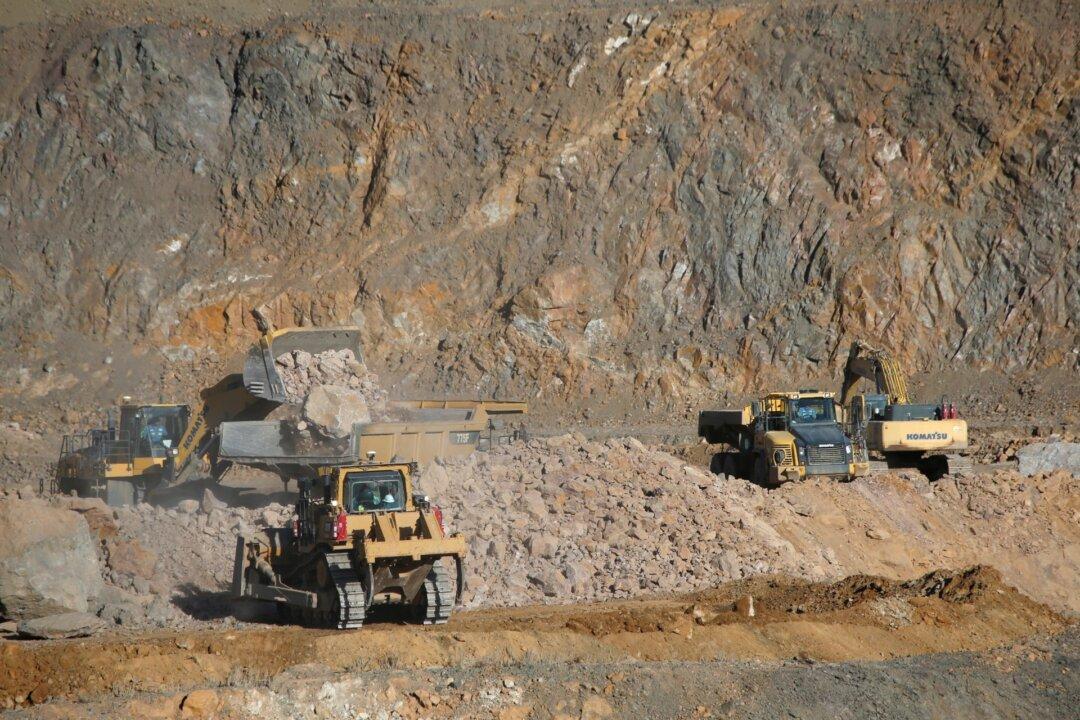What emerged as a potential weapon the Chinese regime could employ during the heights of the trade tensions with the Trump administration appears to have more teeth now as reports of looking into restricting exports of rare-earth elements and their refining technology have surfaced. China accounts for over 60 percent of global production and Canada could suffer if it also became a target for any cutbacks on exports.
“We are, in many respects, beholden to China for a number of these rare-earths products, and the impacts of not being able to access them could be both direct and indirect,” Brendan Marshall, vice president for economic and northern affairs with the Mining Association of Canada (MAC), told The Epoch Times.
Rare earths are 17 metals that aren’t actually rare, but typically occur in ore deposits in concentrations too low to be mined efficiently. Many modern products depend on them as key inputs, like cellphones, computers, medical devices, and electric vehicles. Rare earths are also used in F-35 fighter jets.
China is the hub for the technology used in refining and purifying the raw materials, and Chinese officials view that as a more powerful weapon for protecting Beijing’s interests than the actual minerals, according to Bloomberg.
Canada has been identified as part of the solution to unlock the sticky situation allied democracies face with China. Canada has 40–50 percent of the world’s known rare-earth reserves, but it is not currently mining any.
Marshall, an expert in critical minerals, said progress is ongoing between Canada and the United States following the memorandum of understanding signed in December 2019 on a joint action plan to develop a North American supply chain and break up China’s stranglehold on rare earths.
He says Canada has a significant opportunity to be a reliable supplier of these minerals both in raw form and in value-added manufacturing for its allies.
“There’s a recognition of our own domestic vulnerability and the benefits of being able to support supply in greater volume of these minerals within our own borders,” Marshall said.
As things currently stand, Marshall says it’s not viable in Canada to develop rare-earth deposits without the appropriate supports and outlets in place. Government support is needed at all points on the value chain until it can operate independently.
“We need tools that will allow these projects to move forward,” Marshall said.
You have to prove you can produce what the customer wants, said Donald S. Bubar, president and CEO of Avalon Advanced Minerals Inc., in his testimony at the parliamentary Standing Committee on Natural Resources on Feb. 22.
“On the rare-earth side, I think there’s still a role the federal government could play here, creating some more of these demonstration-scale pilot facilities for aspiring new producers to get access to be able to prove their processes,” he said.
The lack of refining capacity in Canada relates to the culture of the mining industry in that it has typically focused on making the concentrates and shipping them elsewhere for value added, Bubar said.
“It’s never been a part of the culture, [within] the industry in Canada, to create the value added. It’s still a learning curve for everyone to climb on,” he added.





